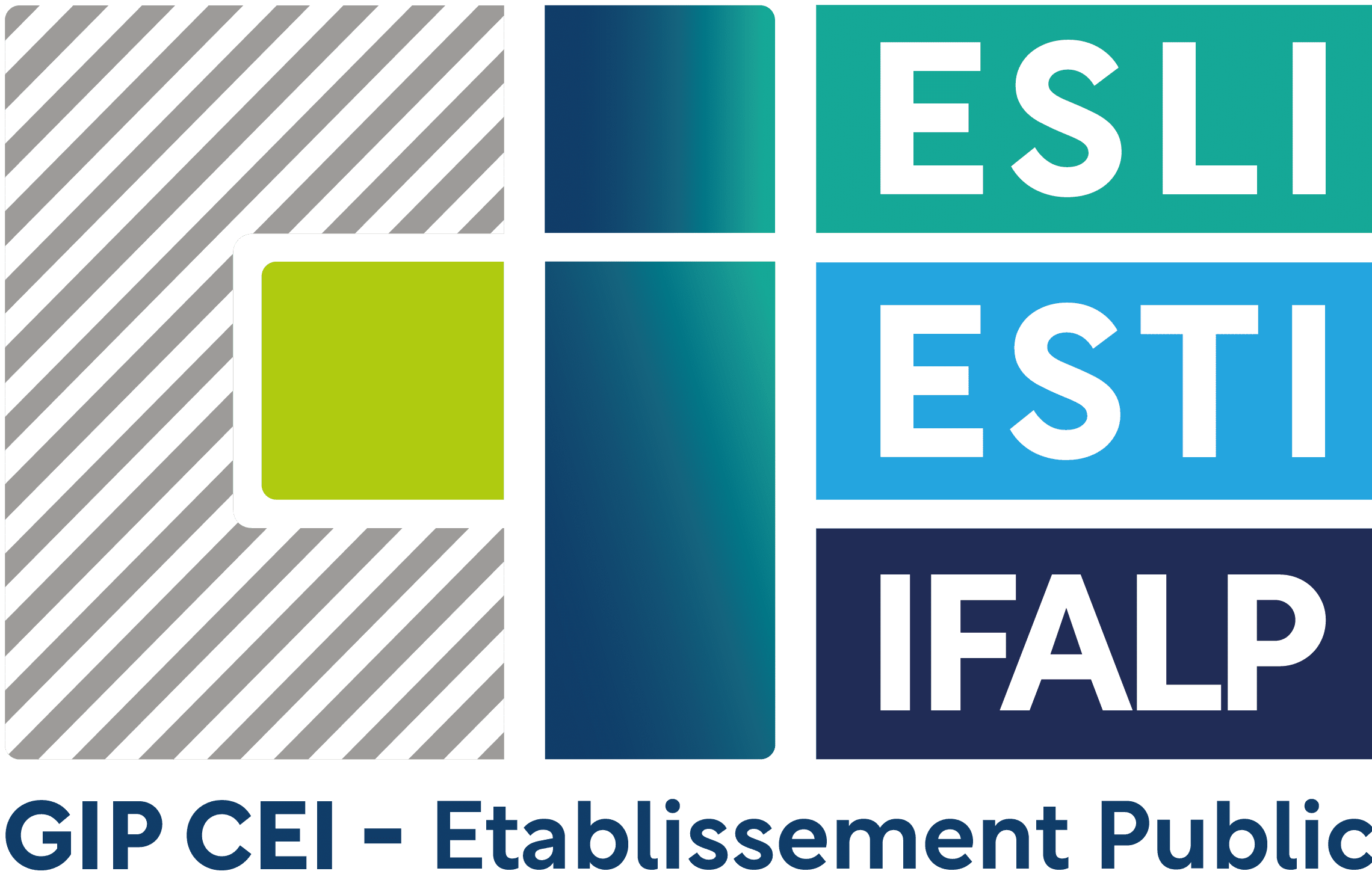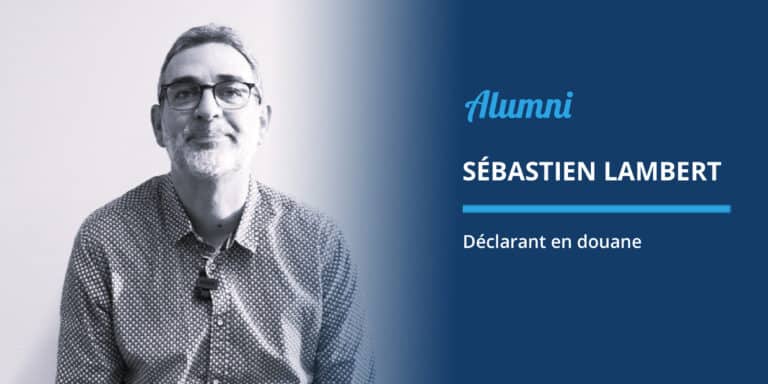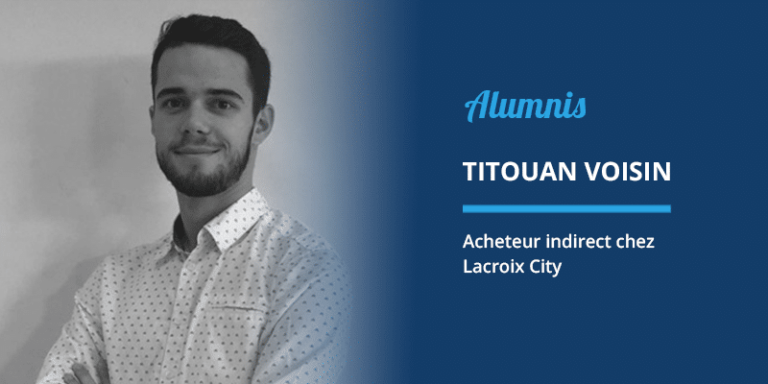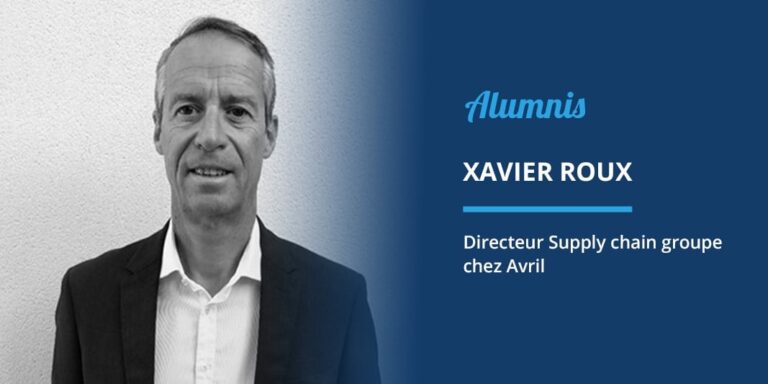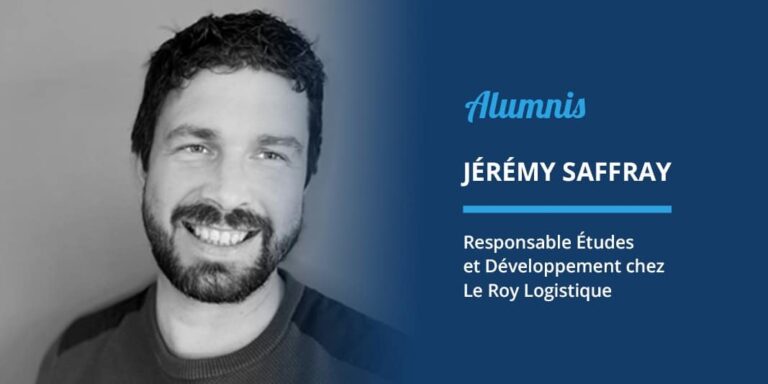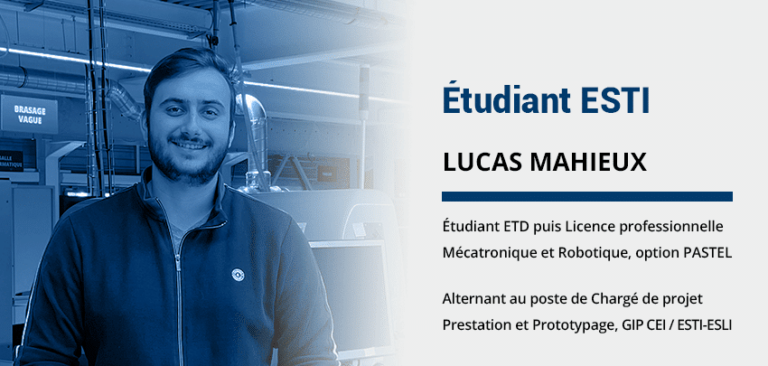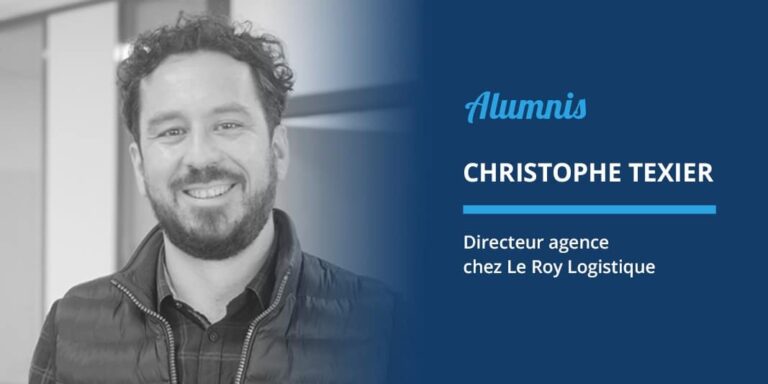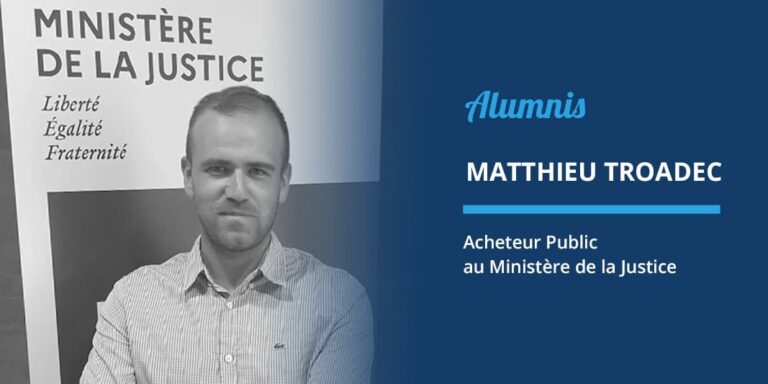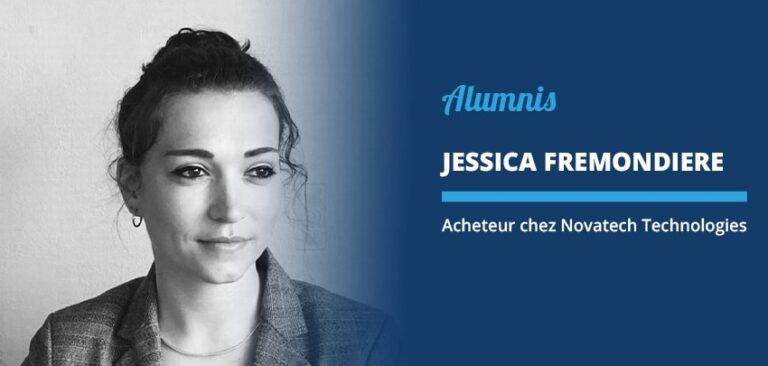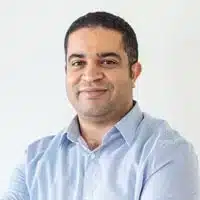Franck BARRAILLER is Director of Public Procurement at the Conseil Départemental de Seine Saint Denis. He is also a lecturer in the Mastère 2 Performance des Achats Publics program atESLI Paris. Discover his background in 5 minutes.
Can you tell us about your career path?
My professional background includes experience in the consular world (CCI of Reims and Epernay), the private sector (training and consultancy firm IDMP Formation), public establishments (Agence nationale de l'habitat and Institut National de la Propriété Industrielle) and local authorities (Ville de Clamart and Conseil départemental de Seine Saint Denis).
What is your current position?
Since January 2022, I have held the position of Director of Public Procurement at the Conseil Départemental de Seine Saint Denis. Based in Bobigny, I head up a 35-strong team comprising 5 managers, legal experts, buyers, contract managers and administrators.
What are your missions?
My missions are many and varied, and essentially involve organizing the local authority's purchasing process with a view to ensuring the efficiency of public procurement and the sound management of public funds. These are the two objectives assigned to public procurement by the French Public Procurement Code.
Are there any prerequisites for this position?
There are two prerequisites for this position: strong management skills to lead the department's teams, and cross-functional management of the operational departments. Secondly, expertise in public procurement and purchasing is required to find the best solutions to internal customer issues.
What has your professional experience brought you?
My professional experience has given me a wealth of knowledge in the field of purchasing and management. This generally enables me to achieve results whatever the circumstances or events encountered.
Do you have any advice for students?
My advice to students would be to develop their curiosity to learn new things and put them into practice in purchasing, which is a complex and specialized subject. My second piece of advice would be to develop their resources throughout their career (generally referred to as soft skills). Finally, choose the right employer who will help them progress in their career, since a career is punctuated by encounters that enable everyone to grow.
As part of the M2 Public Purchasing Performance program, what changes have you observed in the field of public purchasing? What are the needs to be met?
Public purchasing is currently impacted by multiple externalities (CSR approach, responsible purchasing, SME access to public contracts, cross-compliance, etc.). Public authorities want to entrust public purchasers with a driving role, so that public procurement can be a lever for developing public policies. All this is just the tip of the iceberg, as the level of purchasing maturity in local authorities is often far from optimal. There is a major need to train students in purchasing and its economic management, and not to focus training on the simple legal issues that are currently all too prevalent.
In your opinion, how does this training meet these needs, and what does it offer students? What makes it innovative?
This course meets a real need, as it provides students with the tools they need to manage the legal and economic aspects of public procurement. This latter aspect is sorely lacking in many training courses at present.
People often think of competitive examinations when they want to work in the public sector. But what are the advantages of taking this excellent training on a contract basis?
Being a contract employee in the civil service is more of a disadvantage than an advantage, as the status is more precarious than that of a civil servant. However, over the last few years, the status of contract employee has tended to converge with that of civil servant. I've been working under contract for over 20 years in the public sector, but that hasn't stopped me from making a career for myself.
What module do you teach in this Master's program?
I'm taking part in a training course I've entitled "Commande publique nouvelle génération: d'un pilotage juridique à un pilotage économique".
Why did you choose teaching?
Teaching is a very small part of my overall activity. My aim is to pass on my knowledge to students, so that they receive the best possible training, and that their training meets the expectations of public employers.
What teaching methods do you use?
My teaching style is mixed, with a blend of theoretical input and method coupled with practical input: exercises, role-playing...
What do you think this module offers students, and how will it help them in their professional careers?
I think the module should give them a practical input and enable them to benefit from a modern and innovative vision of public purchasing, so that they can stay one step ahead of other training courses and when recruiting with mature organizations.
